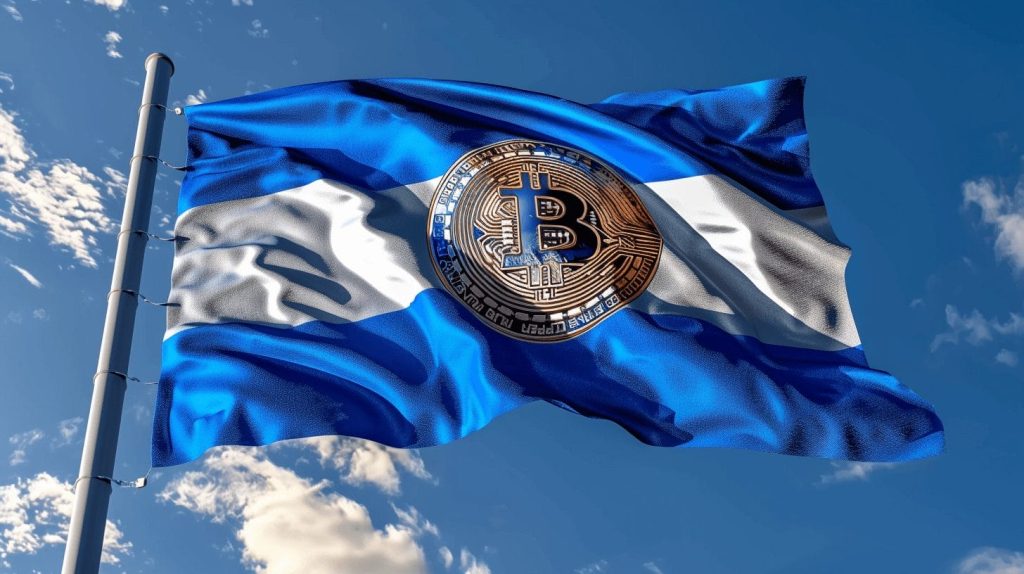The International Monetary Fund (IMF) has advised El Salvador to review its Bitcoin policies and enhance cryptocurrency regulations to stabilize its economy and promote growth-focused reforms. The IMF, in collaboration with Salvadoran officials, aims to complete a new program supported by the IMF to make necessary adjustments for the country’s economic stability. However, the IMF’s recommendation reflects concerns about the risks associated with Bitcoin as legal tender. Acting on this advice could lead to a more stable economic environment, attracting foreign investment and fostering sustainable growth.
Ignoring the IMF’s recommendations may slow El Salvador’s economic recovery and introduce uncertainty into the cryptocurrency market. Therefore, El Salvador’s response to the IMF’s guidance will play a crucial role in shaping its financial stability and influencing cryptocurrency regulations across the region. The IMF has recommended strengthening Bitcoin risk management in ongoing discussions with El Salvador. Measures such as narrowing the scope of El Salvador’s Bitcoin law, bolstering regulatory oversight, and reducing the government’s exposure to Bitcoin aim to mitigate potential risks and ensure responsible and sustainable cryptocurrency use.
The IMF has expressed concerns about El Salvador’s decision to adopt Bitcoin as legal tender since September 2021. Warning of Bitcoin’s volatility and lack of consumer protections in cryptocurrency transactions, the IMF highlighted potential financial instability and complications in receiving future financial assistance from the IMF. Despite major risks not yet occurring as of August 2024, the IMF continues to stress the importance of improving transparency and risk management related to Bitcoin to address potential fiscal and financial stability issues stemming from the Bitcoin initiative.
El Salvador’s budget proposal for 2025 is seen as a positive step towards improving public finances and creating a more stable financial environment. Effective implementation of these changes could encourage investment and support economic growth in the country. By aligning with the IMF’s recommendations, El Salvador could set a global example for integrating cryptocurrencies into national economies while maintaining financial stability. Failure to heed these warnings could result in ongoing economic challenges and reduce El Salvador’s chances of securing future international financial support.
The IMF’s collaboration with El Salvador and recommendations regarding Bitcoin regulations reflect a broader discussion about the role of cryptocurrencies in national economies and financial stability. Balancing the benefits of adopting Bitcoin with the potential risks requires careful consideration and proactive risk management strategies. El Salvador’s response to the IMF’s guidance will be closely monitored as it could impact the country’s economic prospects and influence the future direction of cryptocurrency regulations in the region. Overall, the ongoing dialogue between the IMF and El Salvador highlights the importance of responsible cryptocurrency use and the need for regulatory frameworks to address evolving challenges in the digital asset space.


